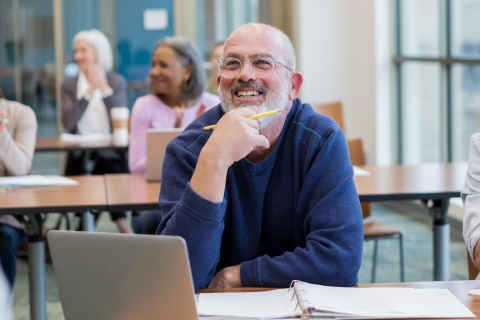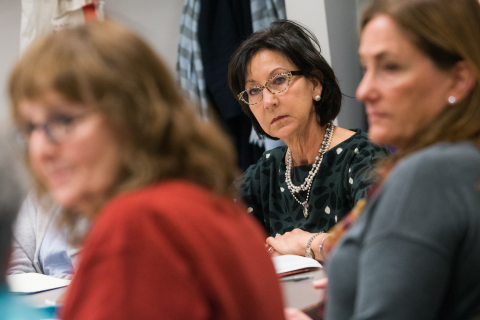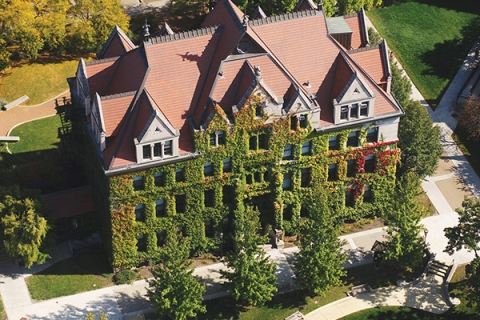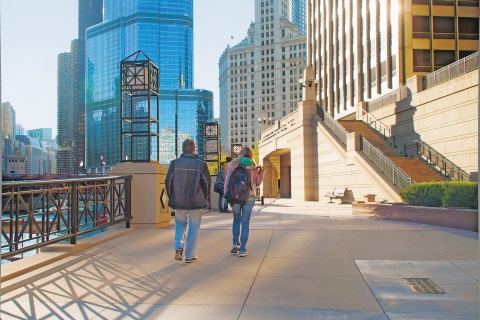Programs and Courses
We combine rigor and flexibility to offer an unparalleled education.
Our programs and courses engage learners from all walks of life and from all around the world in the University of Chicago’s distinctive education.
Master of Liberal Arts
Study across disciplines, grow intellectually, and advance professionally in this rigorous graduate program taught by eminent University of Chicago faculty.
Learn more
Basic Program
Immerse yourself in this rigorous, four-year liberal arts curriculum that draws on the University of Chicago’s strong Socratic tradition.
Learn more
Open Enrollment
Explore literature, history, philosophy, art, science, and writing through these non-credit courses taught by instructors who encourage deep inquiry, camaraderie, and the joy of learning.
Learn more
Annual Programs
Join us each year for these special opportunities to study abroad, deepen your understanding of Chicago, learn about the future of museum publishing, complete a foundational course in the liberal arts, and explore cutting-edge scientific research.

Other Programs
Other degrees conferred by the Graham School
